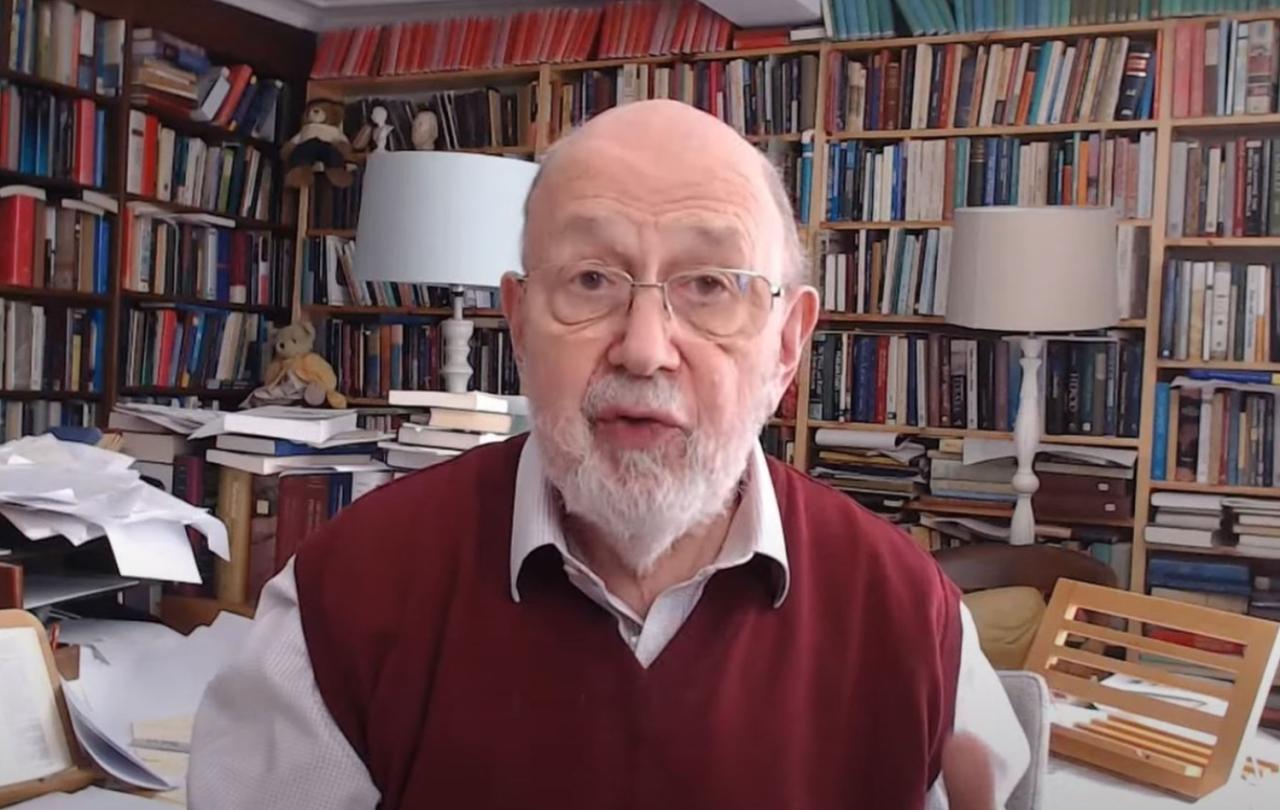Such sites appear to be morally neutral. They don’t seem to aim to educate or form you in any particular direction. Or at least they are supposed not to. But of course nothing is entirely neutral.
Funnily enough, it’s not how we bring up children, or educate ourselves. When we bring up a child, most of us have some kind of vague or not so vague moral code in mind. We reward kind and helpful behaviour, and we punish selfish and mean actions. We don’t tend to give more of the same to a child who has eaten the first half of the packet of biscuits, or encourage a brother to hit his sister yet again. We have a goal of some form of moral formation in mind.
Yet, despite our confusion over which virtues to encourage, we need some kind of moral guidance for our wandering and flawed hearts, linked to eyes that are tempted to feast on things that fascinate but are not good for us. Like a glutton who cannot stop eating, even if these sites don’t themselves push extreme violence, pornography, aggression, they offer enough of the soft version of these to draw you in. And it’s not hard to find sites that will take you deeper into the darkness. And those sites will already know the way you are thinking and desiring and are ready to pull you in deeper into the mire.
The problem is not so much with the algorithm. It is with us. Netflix’s documentary, ‘The Social Dilemma’ quotes an alarming statistic - that fake news spreads six times faster than the truth. The reason is not hard to find. We are fascinated by the sensational and alarming rather than something a little more ordinary yet which happens to be true. As one person in the documentary put it: “The internet has a bias towards false information. Because false information makes more money. The truth is boring.”
The moral philosopher Gilbert Meilaender wrote:
“Successful moral education requires a community which does not hesitate to inculcate virtue in the young, which does not settle for the discordant opinions of alternative visions of the good, which worries about what the stories of its poets teach.”
It matters what we feed our souls with. It matters what stories we allow ourselves to be told.
The purveyors of social media are not innocent in this as they do exploit our worst tendencies, but in the end they simply confirm us in our own moral confusion. Yet it does point up the problem in the liberal ideal of leaving ethical decisions entirely up to the individual, to give entirely free choice without any guidance, because with our crooked hearts, it will always end up feeding the darker sides of our characters without a corresponding pull in the other direction, something which Christians called divine Grace.
St Paul wrote to the small group of Christians in Philippi, surrounded by the highly sexualised and violent culture of the Roman empire: “whatever is true, whatever is honourable, whatever is just, whatever is pure, whatever is pleasing, whatever is commendable, if there is any excellence and if there is anything worthy of praise, think about these things.”
I’m not saying don’t watch TikTok. But here’s an idea. Why not try to make it into a morally forming version of what you want to be, not what you are? Exercise a bit of moral direction yourself. If you see a video which you know in your conscience is not good, or is spreading lies, swipe it away quickly. If you see something positive, dwell on it.
If you approach it this way, you might just be able to persuade the algorithm to shape you in good ways and not the bad. It could become a means of growing in goodness, but only if you want it to be.


